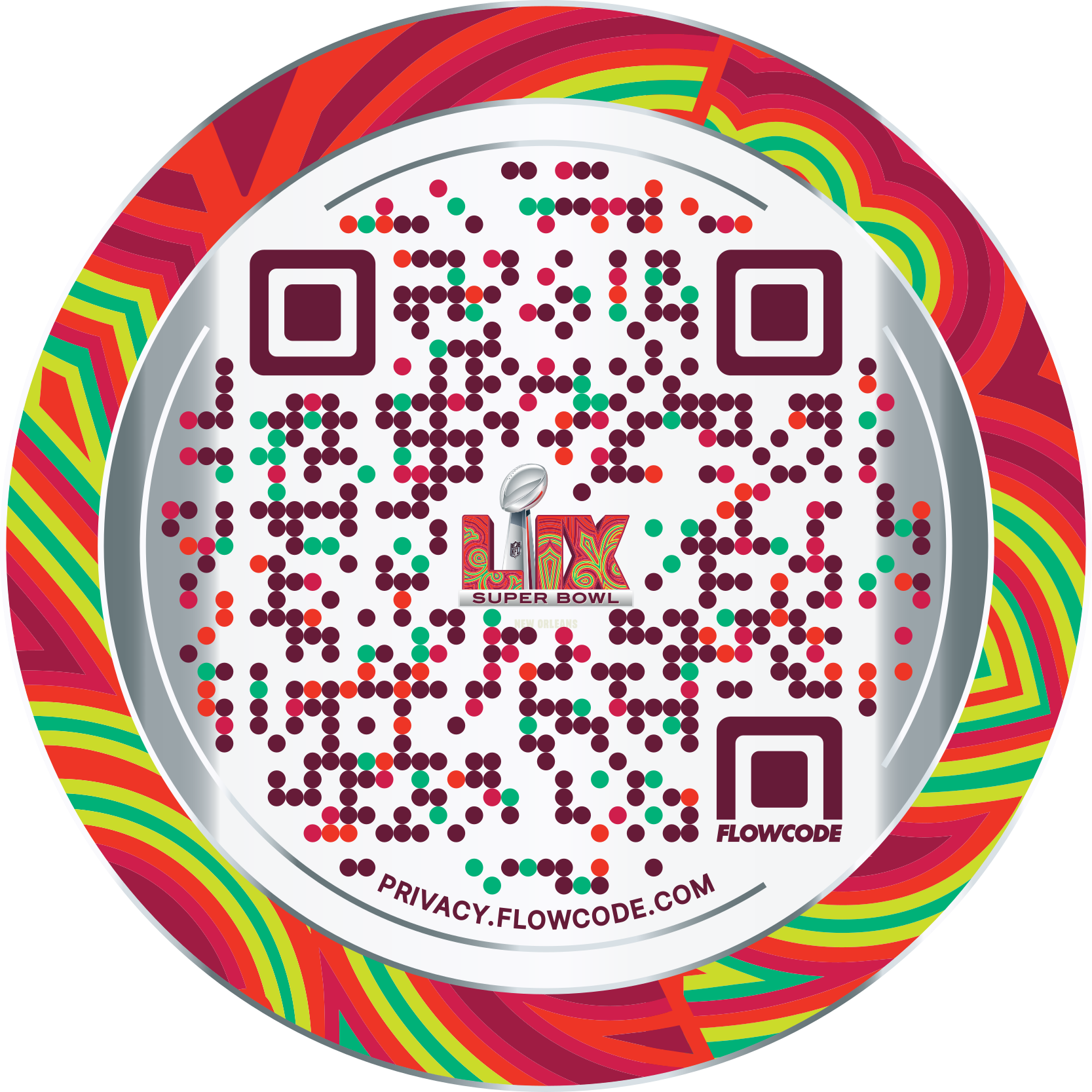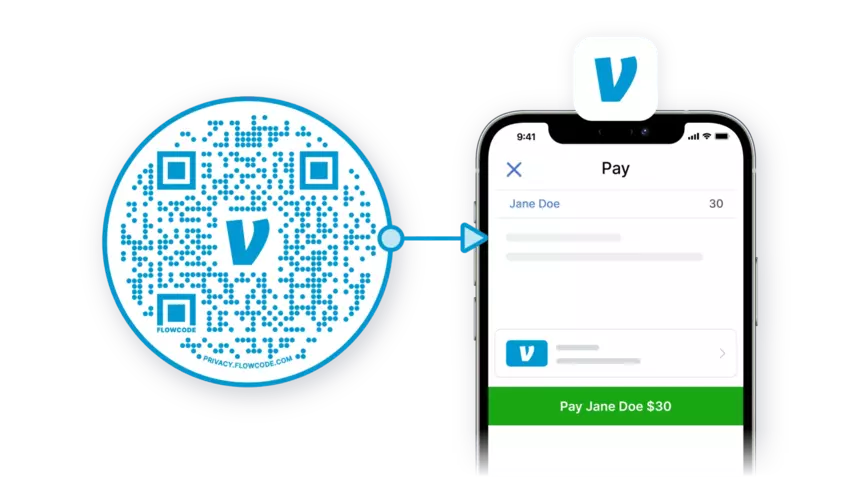Why Does QR Privacy Matter?


Chances are that you’ve noticed the letter grades displayed in windows of restaurants. Food safety ratings are evaluated and provided to restaurants by local authorities as a way of increasing transparency with customers and accountability to restaurants. These grades also act as a transparent signal to the public that establishes trust between a customer and an establishment.
Certifications and other indicators of trust such as this exist across several industries, but the QR code industry lags behind when it comes to protecting businesses and consumers. QR privacy policies by providers aren’t regulated by a governing body in the same way that food safety is, but regulation is equally as important when it comes to our digital security.
Unfortunately, with any online activity you engage in, there’s a risk for information exploitation. Since QR codes are a bridge to the internet, these same risks apply with interacting with codes. The links that QR codes bring you to can be integrated into a digital scam, harvest data without your consent, and potentially resell that information for profit.
With these looming threats, it’s important to understand the potential risks to your business and consumers and partner with a provider who actively fights them. Flowcode is the best platform out there, built intentionally to protect businesses and their consumers. If you don't believe us just ask our mascot, Codee!
Most providers don’t prioritize security and privacy assurances, but we’ve put these assurances front and center. Whenever you see a Flowcode QR code, it’s branded and highlights our privacy policy, ‘privacy.flowcode.com’, upfront and before you scan — you never have to worry about where that scan will take you, because our codes are created for consumer safety.
Feeling out of the loop? In this piece we’ll break down everything you need to know about QR code privacy, where you might be at risk, and how Flowcode uniquely protects businesses and consumers with our privacy design.
What exactly happens when I scan a QR code?
Today, QR codes are scannable by all smartphone cameras. When you open your camera, it reads the code, a popup with a URL appears, and you click it. Instantly, you’re on a webpage predetermined by the creator of the code. This could direct you to an e-commerce website, a signup page, a menu, or just about anything.
However, when you get the benefit of a quick contactless interaction, you’re also potentially opening up your mobile device to risk. Our smartphones are filled with sensitive information, from corporate logins to financial documents. That's why we all need to think twice about who we 'let in' through our smartphone's cameras.
Most QR generic codes are indistinguishable and the URLs that pop up when you scan a code don’t tell you where they are sending you – this can trigger actions you don’t decide to opt into, such as breaching your privacy without consent. Scanning an unidentifiable code can be a lot like opening your front door to a stranger. You don't know who is behind it or their intentions. Once inside, it's easy for hackers or others to gather sensitive information from your device or dupe you into handing into entering it yourself.
Flowcode is the only provider who circumvents this issue. With our distinct brand labeling and privacy smile, there’s never a doubt to consumers about who is guiding this action and what they plan to do with it. We disclose all our privacy policies at the point of collection.
How exactly do QR codes affect my digital security and privacy?
QR codes themselves aren’t inherently dangerous. It’s the fact that QR codes direct us to other pages on the internet that poses a risk.Since QR codes are embedded in the larger internet ecosystem, interacting with them leaves you susceptible to all the same cybersecurity and data privacy risks that all online actions do. Like every other platform – from messaging platforms to banking websites – QR codes (and the webpage they direct you to) are opportunities for others to gather sensitive information. URL redirects that you are prompted to click can be dangerous, gathering unwanted information and potentially sharing it with others. Recently, the FBI warned that QR is an increasingly attractive gateway for bad actors to hijack information from consumers.
Security: These threats have to do with hackers and other bad actors manipulating URL redirects to scam businesses and consumers. This can take form in malware attacks or phishing attempts that unwittingly gather sensitive information or trick users into entering it with false websites. These threats are huge to businesses and consumers alike. As an additional way of avoiding phishing attacks, companies should also use an SPF generator and similar tools which will help verify and authenticate emails properly.
Privacy: These breaches have to do with upholding consumers autonomy over their personal information. It isn’t uncommon that QR providers can gather information without consent, or re-share that information without disclosing it. We've all seen how our digital information has been commoditized in the past, and QR isn't an exception. While less dangerous than security breaches, having personally identifiable information, such as contact information unwittingly gathered and resold to countless telemarketers isn’t ideal (or fair) to anyone.
This is why QR providers play an instrumental role in keeping businesses and consumers safe. QR generators are at the root of each of these interactions. Working with a secure platform means you keep interactions secure, and can simultaneously increase trust with consumers by implementing robust privacy and security safeguards. Unfortunately, most providers don’t prioritize privacy and transparency because the QR market is largely unregulated –they don’t have to. This creates room for data abuse.
The key to protecting your information is getting educated, remaining vigilant, and using codes you can trust (aka Flowcodes).

How is Flowcode the best at protecting security and privacy?
Security
Flowcode's platform is secure and protects businesses with SSO. Similarly, Flowcode's advanced machine learning technology from URL phishing detection to robust scan trend tracking help users engaging with Flowcodes are protected. Aside from Flowcode's advanced technology, our team is built to be consumer-first. Flowcode's customer success team works tirelessly to identify potential risks and address them as swiftly as possible.
Privacy
At Flowcode, we understand that the uncertainty people feel around interactive with codes, and intentionally make our privacy guarantees as obvious as possible. First, we make it pretty easy to recognize our safe codes anywhere – just look for our iconic circular codes and the Flowcode name right there on it.
When you do encounter us, we’re as transparent as possible. On every Flowcode, you’ll see our ‘Privacy Smile’ (privacy.flowcode.com) right there. Why do we do this?We see our privacy policy as a badge of trust, and highlight our promise at the point of collection on every code. This means anyone can read our privacy policy at their discretion before they scan, empowering people to understand their rights and make informed decisions. Nobody else prioritizes this level of transparency.
What’s our privacy policy all about? Here’s the TL;DR:
Flowcode only automatically collects limited amounts of your data, such as your IP address and device type. We don’t collect any personally identifiable information without your permission, and we definitely don’t share that with any third parties outside of the specific business leveraging our code.
Similarly, Flowcode is the only provider on the market with two of the highest levels of data privacy compliance. We recognize that the lack of regulation in QR privacy is scary, which is why our team works hard to build trust through complying with strict legislation that protects consumers. Here’s why these laws matter:
GDPR: The General Data Protection Regulation (GDPR) is a comprehensive consumer privacy law. It was drafted and passed by the European Union (EU), so if you live in the EU or your company targets any EU residents, GDPR applies to you. This regulation requires that all consumers have full transparency in how their data is used, and it can only be used for purposes that are disclosed to the consumer. Also, all data must be stored and managed securely.
CCPA: Another key piece of privacy legislation is the California Consumer Privacy Act (CCPA). While it focuses on California residents, any organization that targets people in California is subject to CCPA– meaning most organizations running national marketing. The CCPA focuses on giving consumers the right to know what personal data is being collected, opt-out of its sale, and request that it be deleted.
Transparency and authenticity are what set Flowcode apart from the rest, making us the most trustworthy codes available on the market. That's why Flowcode's are easy to spot and scan with confidence.

Why should you be worried about other QR code providers?
Most QR providers have a privacy policy somewhat accessible, but only if you search for them. However, these providers lack the transparency provided by Flowcode. When privacy policies aren't upfront and accessible, such as at the point of collection, it's hard to say you can trust it. Flowcode'sPrivacy Smile(or URL) is key to empowering consumers to protect their privacy.
Similarly, the unregulated QR market means many people aren't accountable to promises they make in their policies. Providers without robust third-party compliance authenticators, such as the CCPA or GDPR, lack the same credibility with their privacy promise. It's a stamp of trust to both businesses and consumers.
When people are constantly looking to steal or monetize personal information, being aware of your rights is vital. There are constant security risks out there, and aside from staying alert and educated, working and interacting with a trusted provider is the surest way to maintain your privacy.
These risks don't mean you have to write off QR completely. QR codes provide seamless convenience in our daily lives, and are becoming increasingly ubiquitous. However, when you do interact with codes or consider partnering with a provider, it's important to keep privacy top of mind. Staying educated and carefully considering your provider is key.
Want to learn more about our commitment to privacy?
Connect to unlock a personalized demo


































.png)














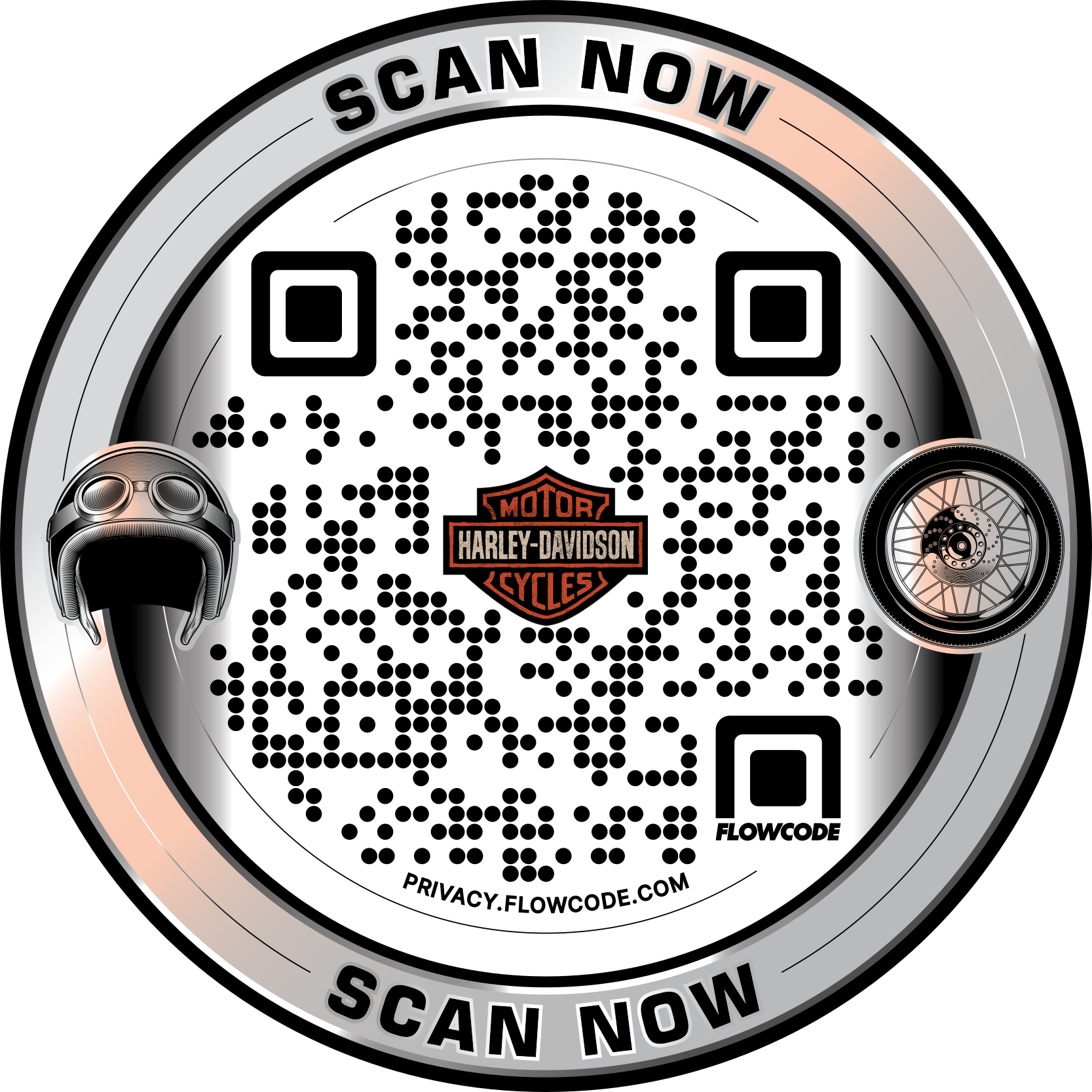

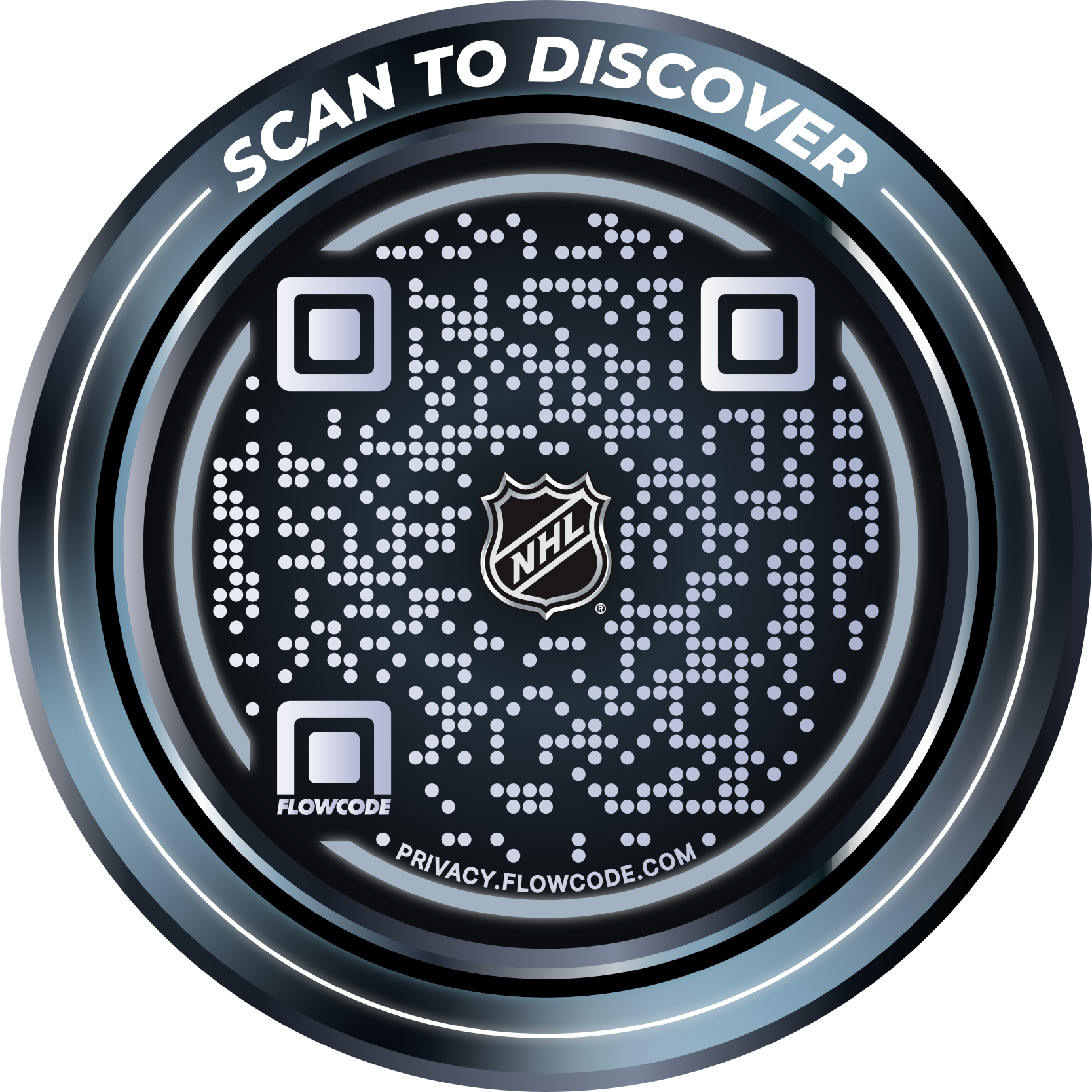
.png)
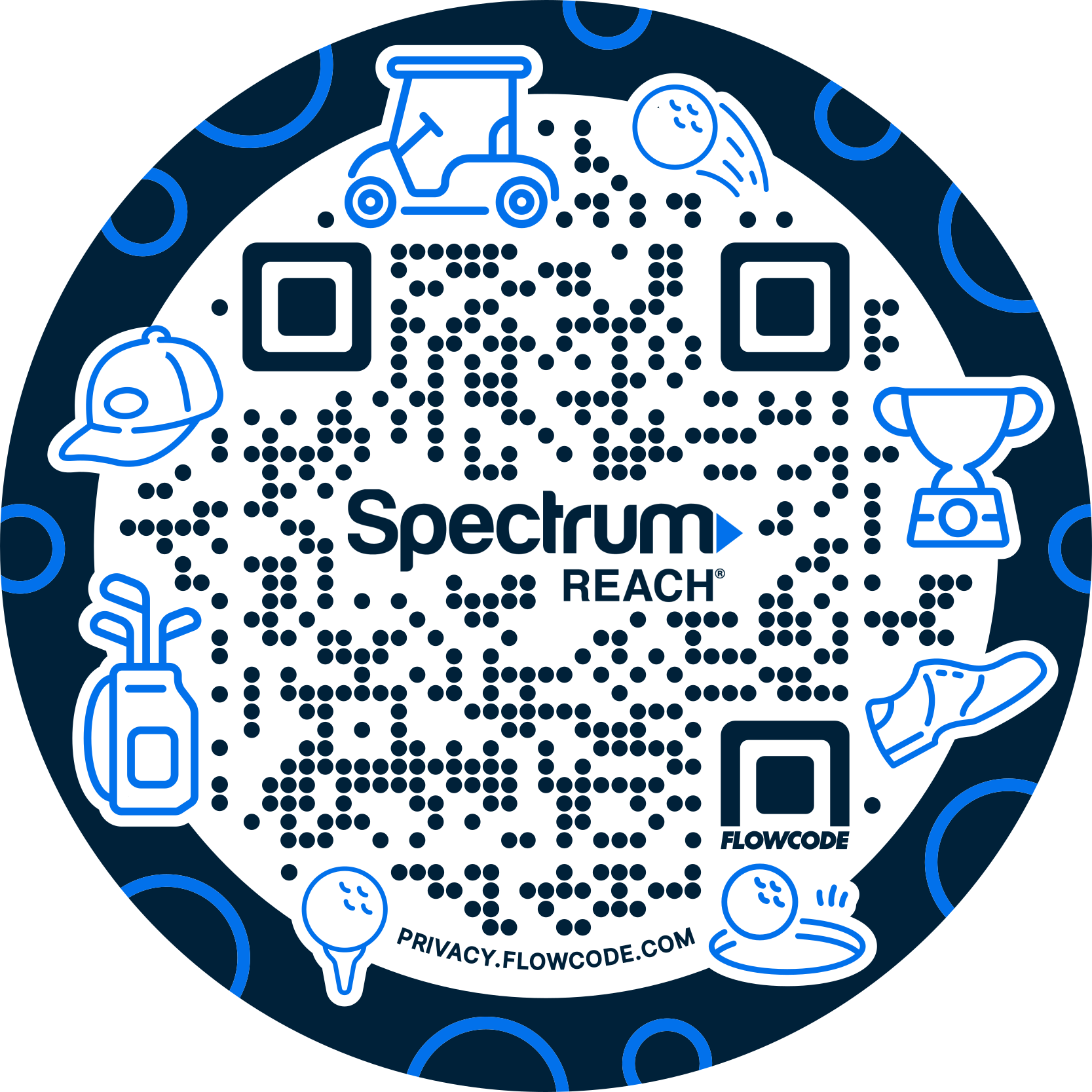
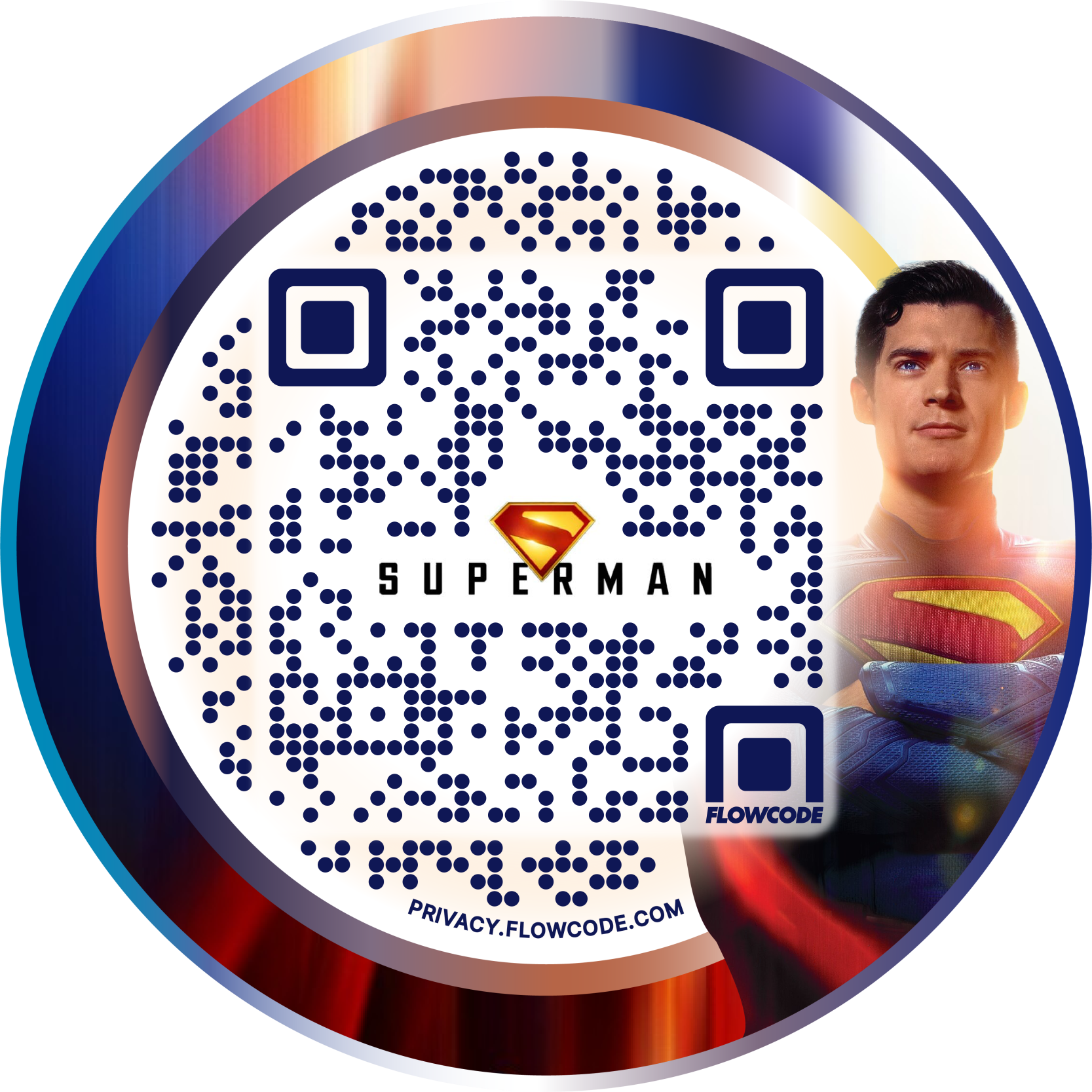
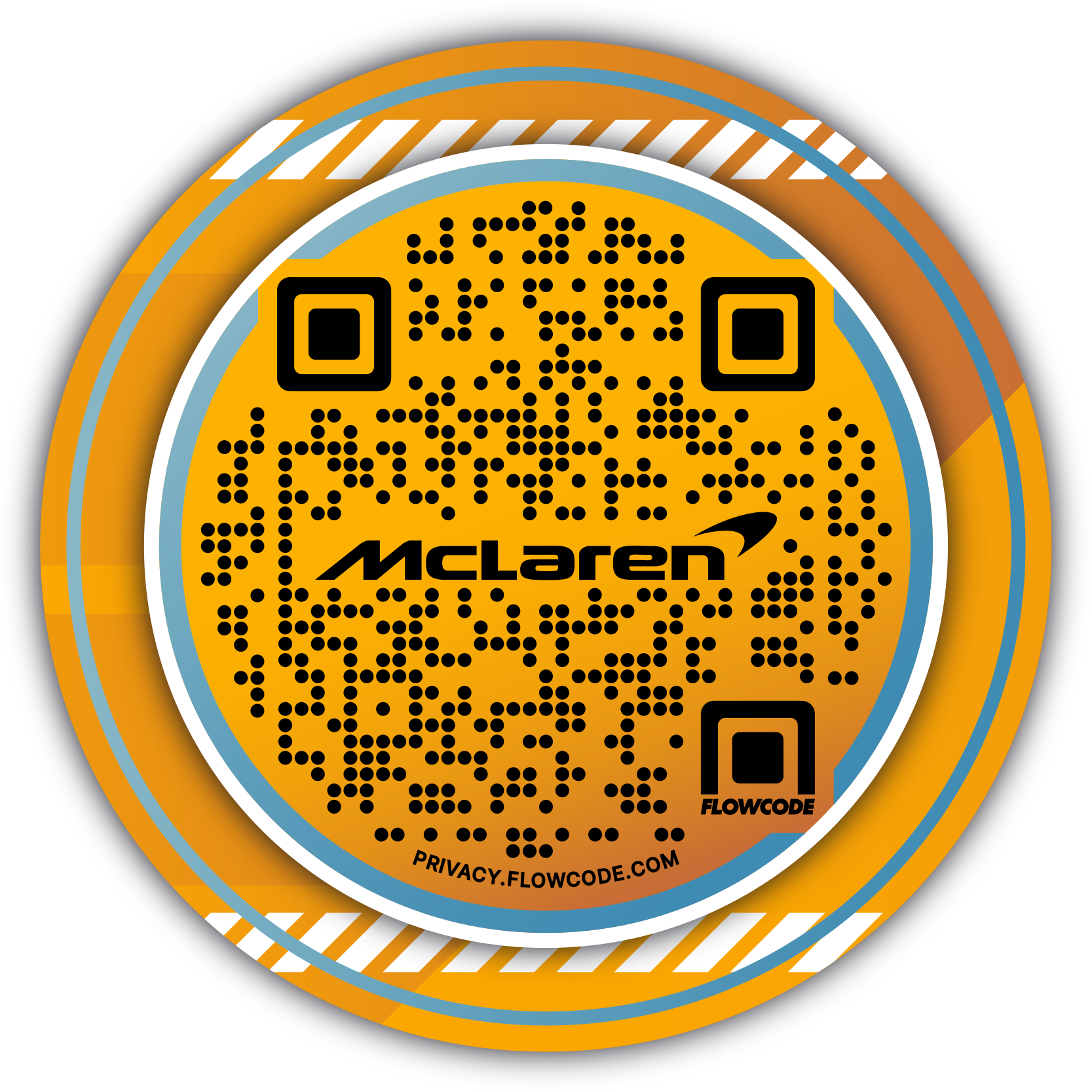

.png)
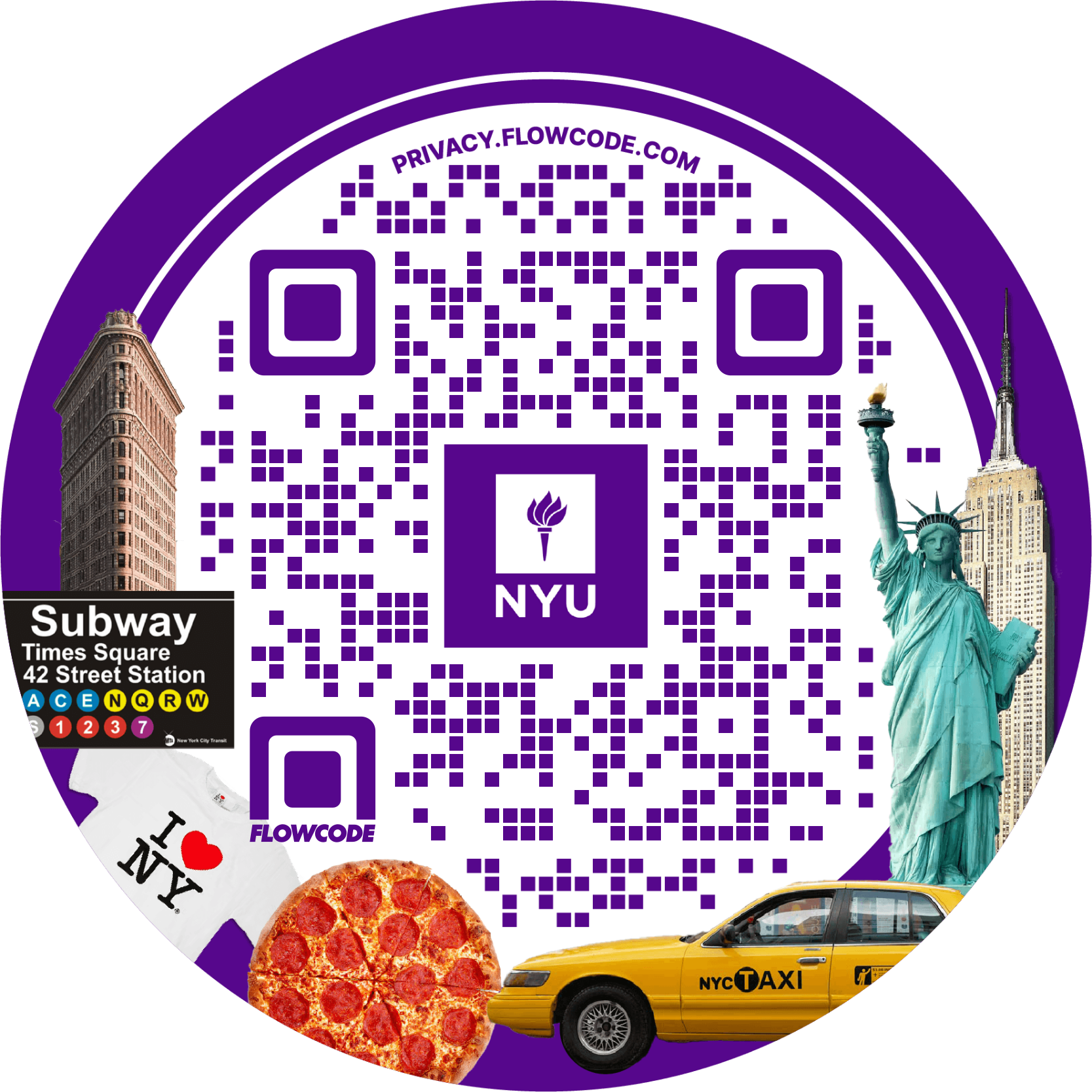
.png)
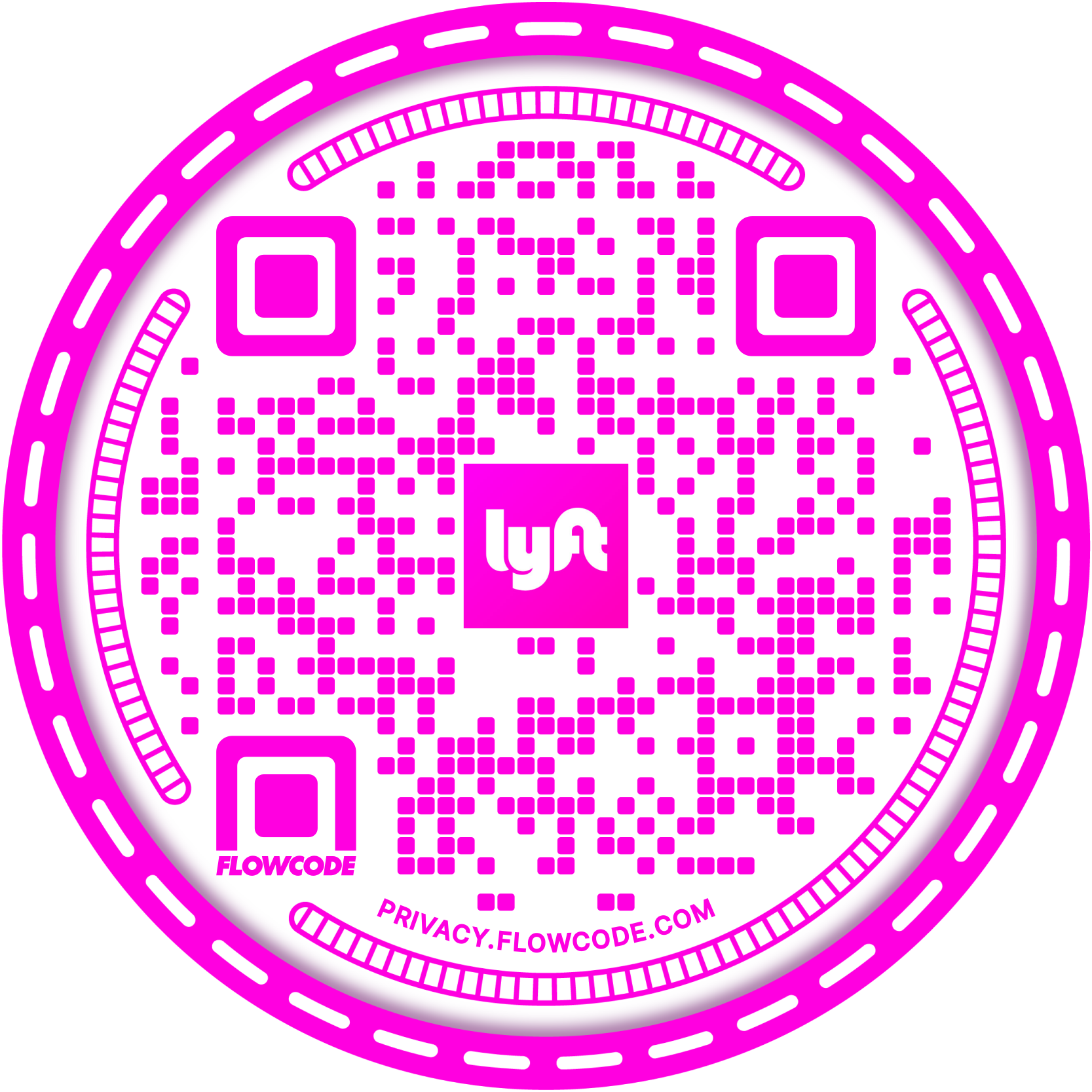
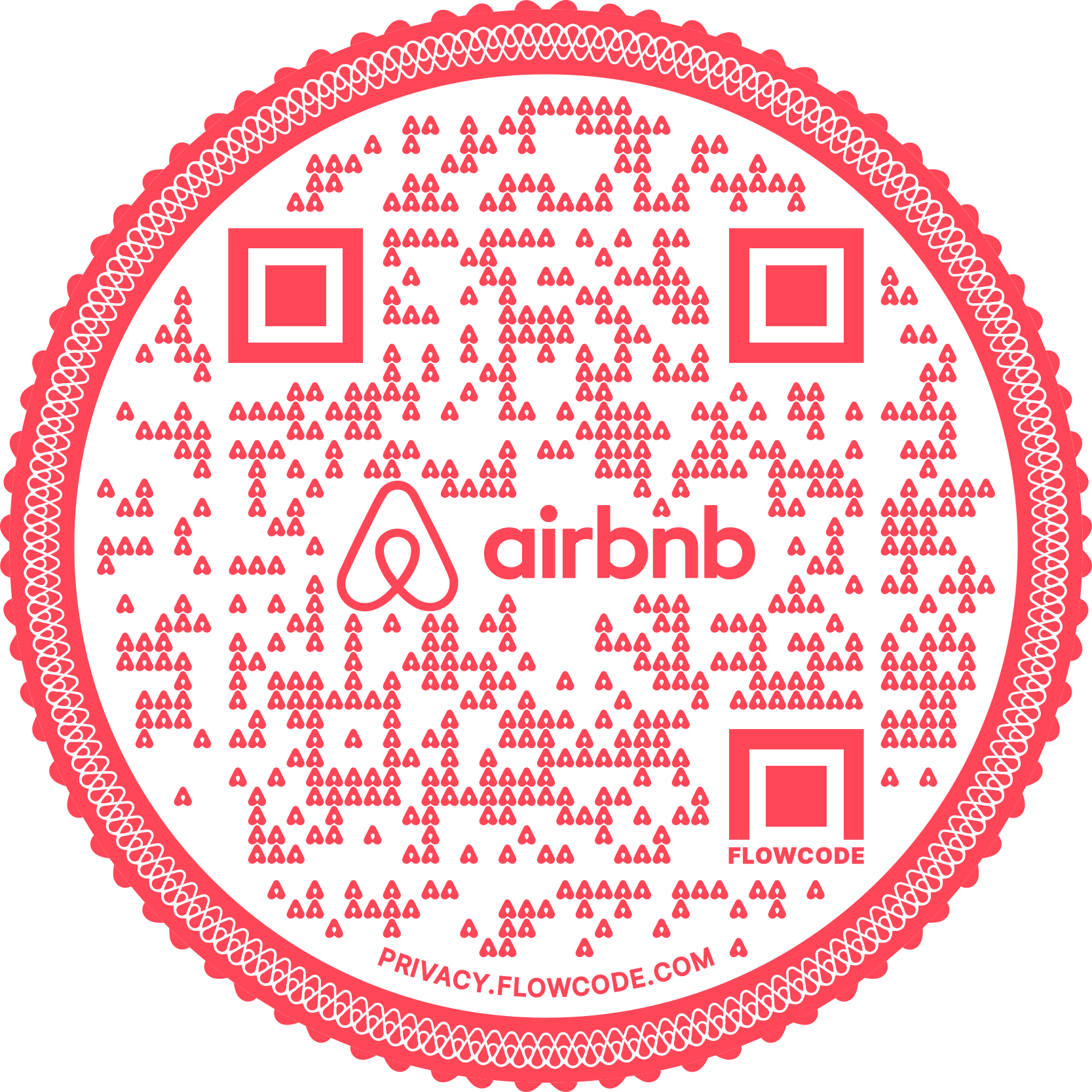
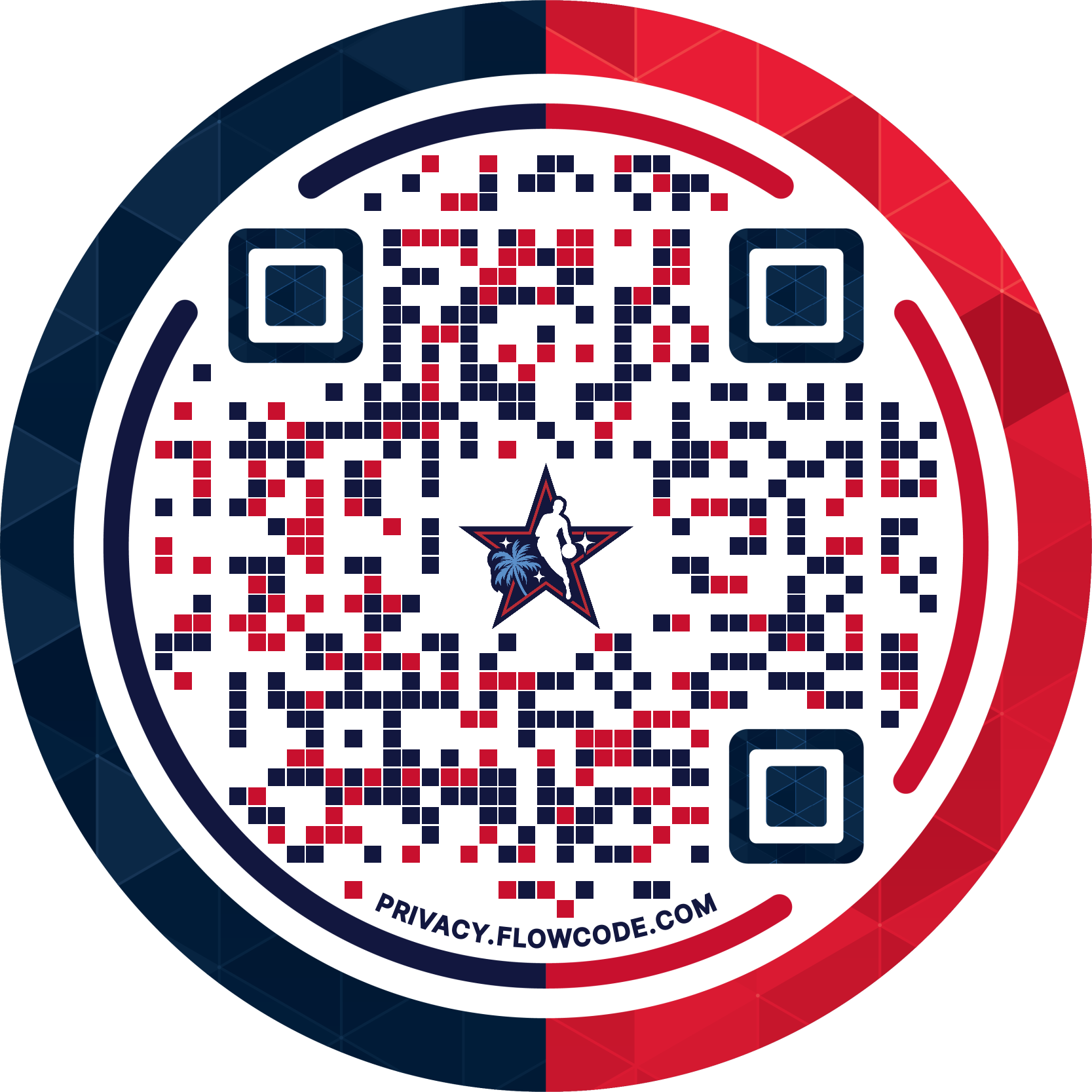
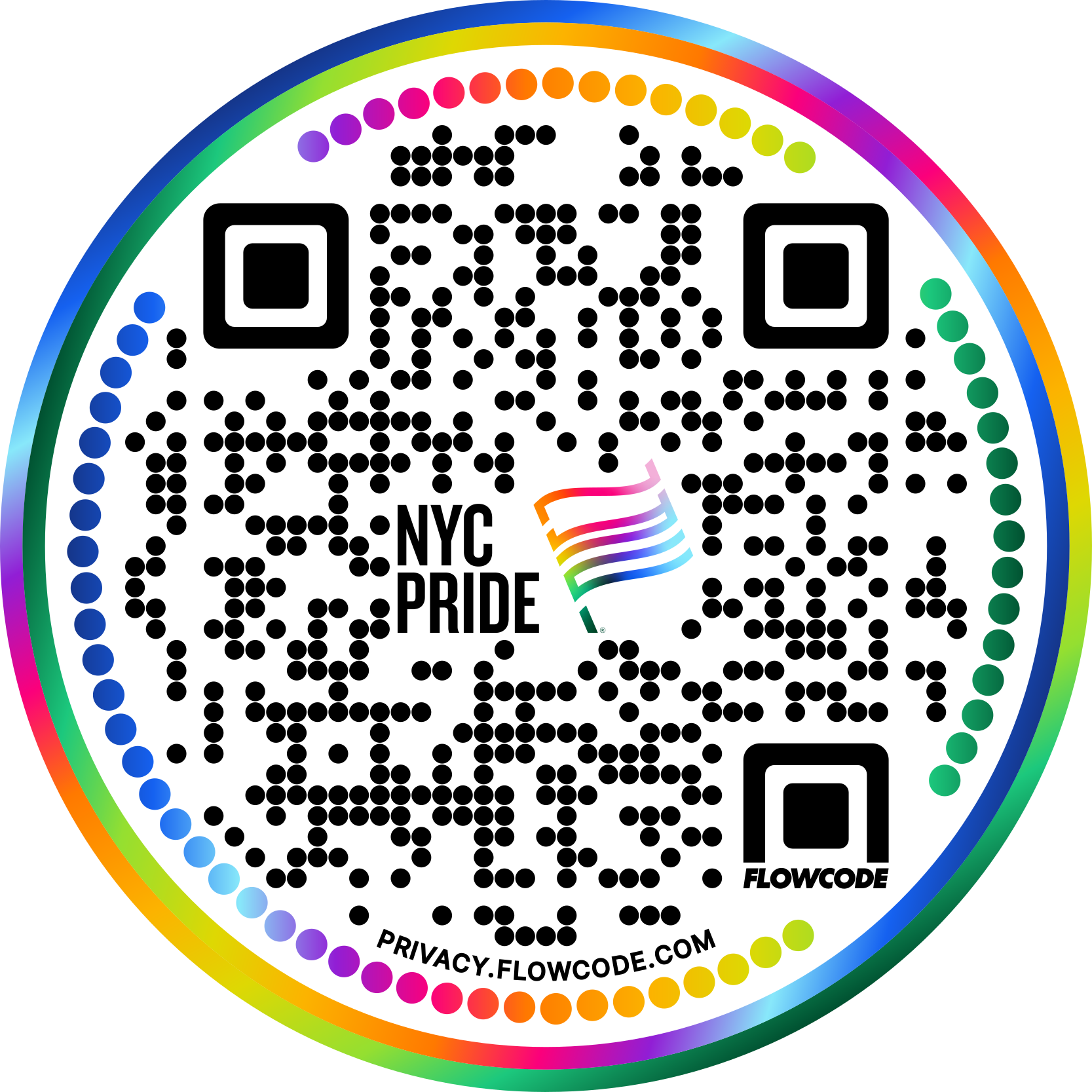

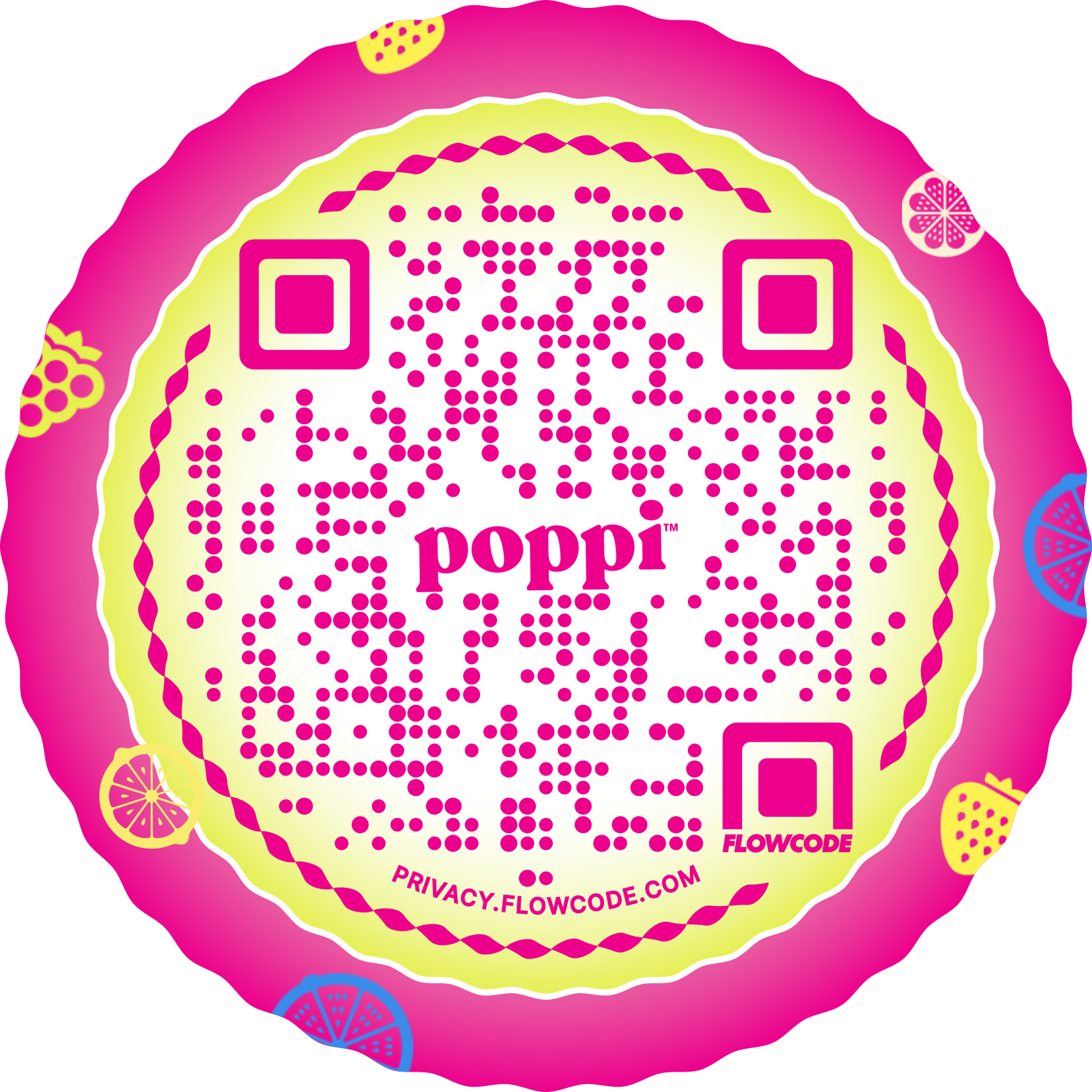
.png)
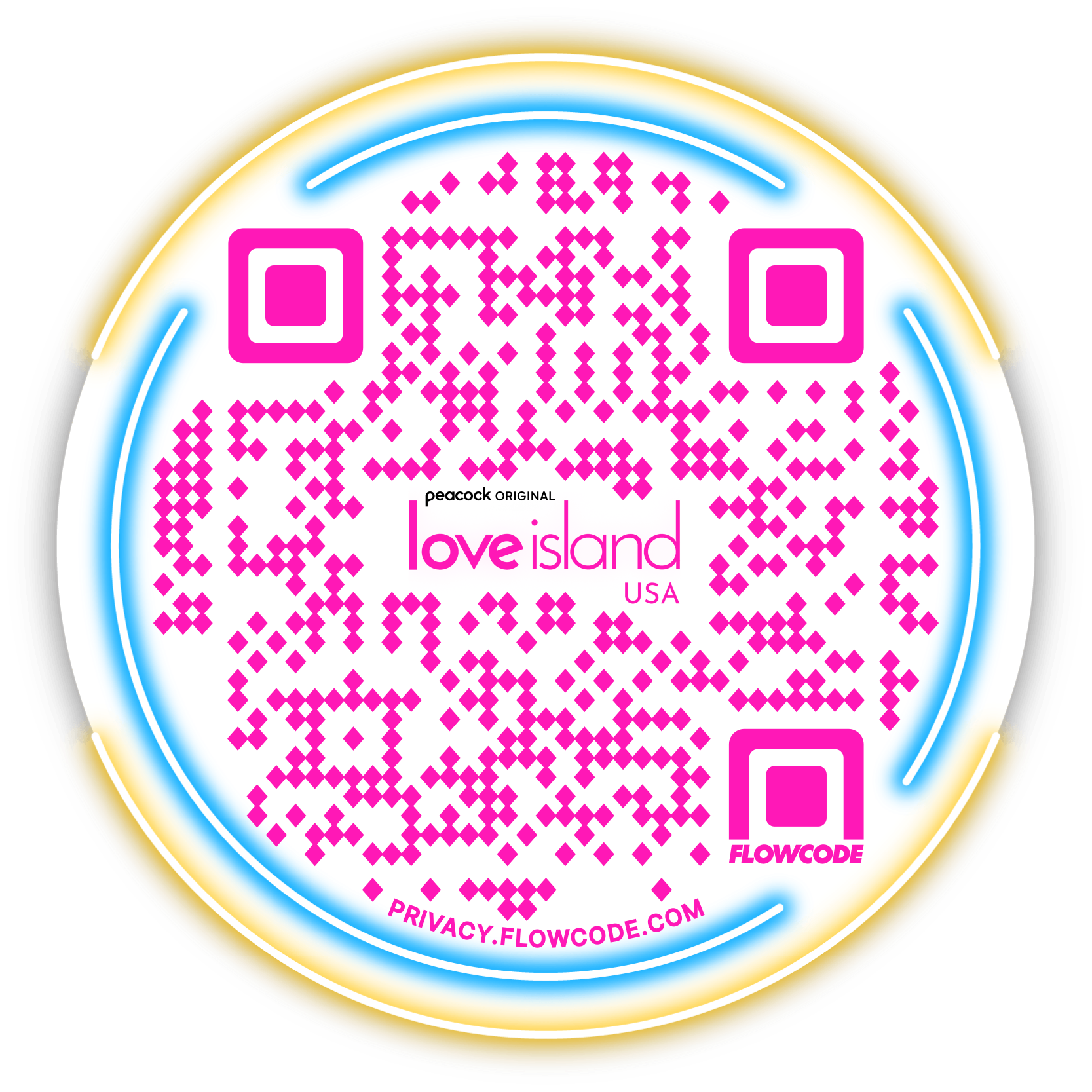

.png)
.png)
.png)

.png)

%20copy%203.png)






.png)


